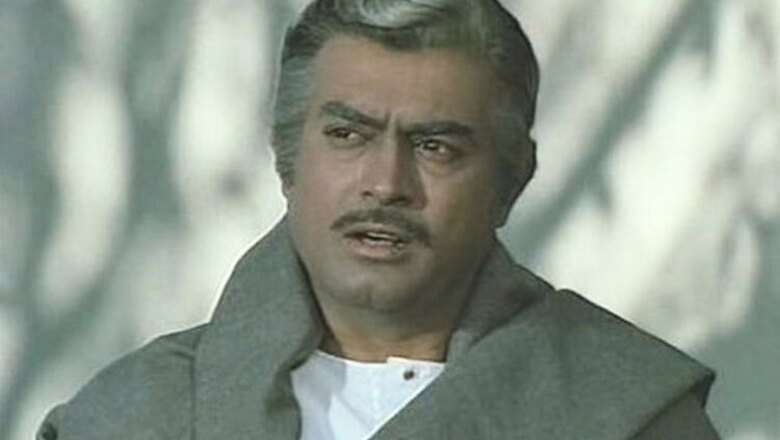
views
India is completing its 68 years of Independence this year. 68 years since the historic day when we were given the helms of our nation, 68 years since Lord Mountbatten signed the agreement and 68 years since we first celebrated the fact that we are the keepers and protectors of our nation.
In the year 1975 another legendary thing happened that changed the course of the backbone of India's entertainment industry. Ramesh Sippy's 'Sholay' was released just like any other film but little did they know, that this film would not only be the blockbuster of the decade but would become a classic all over the world.
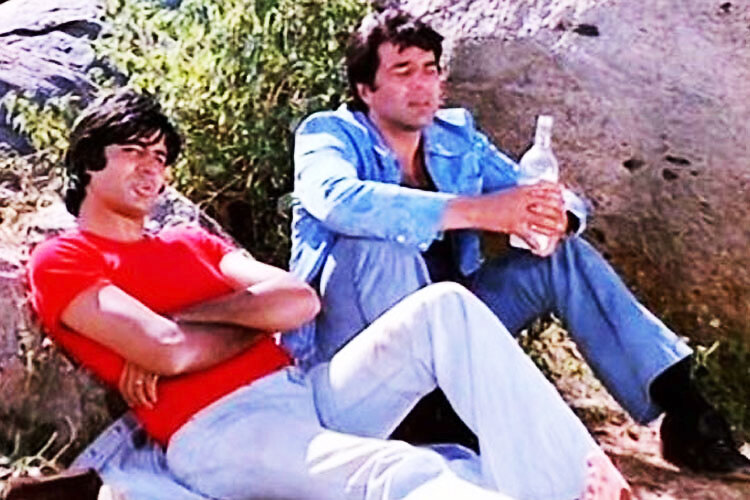
The film was the first attempt by an Indian to recreate the Spaghetti Western genre with Bollywood masala added to it. The film had pace, storyline, big stars, dialogues, dance, drama and comedy. The film was released during the dark year of emergency and is completing 40 years of its legendary release this year; incidentally on the same day as India celebrates its 69th Independence day.
'Sholay' preached the sense of patriotism in a very subtle way. Wrapped in the colour of a masala Bollywood movie, the classic was a
metaphor for various elements of nationalism of early post-independent era and some of them are relevant till now. The story was set in the backdrop of a village called 'Ramgarh' and how a Thakur avenges his personal loss by infusing a sense of bigger purpose in the minds of the locals as well as the audience. He takes up the task of making Ramgarh 'Gabbar-free', for the people of his village (read: country), hires people for the task, makes it a fight for 'freedom' from injustice and at last wins.
Thakur, a man who has nearly lost everything but his pride, signifies the ending of feudalism in India post-Independence. The feudal lords in India lost everything to the state in the 50's as their property was redistributed to the less privileged. So Thakur's family can be seen as 'his' property and he lost them to the lesser privileged ones (Gabbar and his men). So in order to take back what's his, he creates a plane of 'us' and 'them', making Gabbar the bad guy and becoming the patriarch in Ramgarh. Thakur to Ramgarh becomes what a lord is to silent citizens.
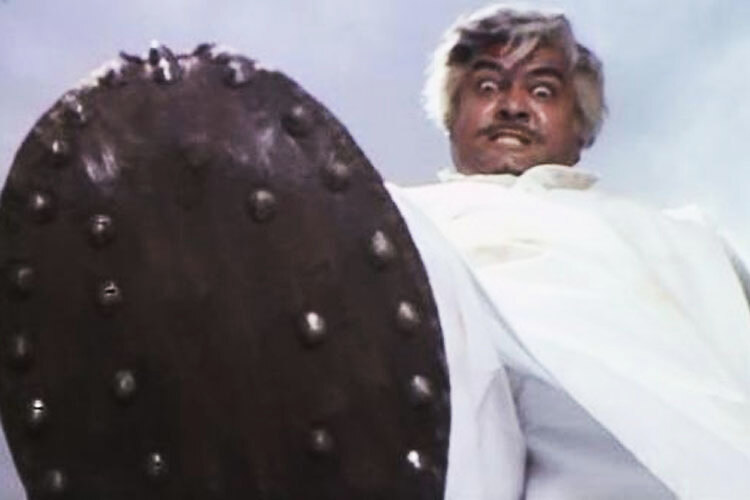
Then the lord hires two people who do not comply to the norms of a given idea of society. Jai and Veeru are thieves, signifying the dissenters of a society who took an ideology of life that is not appreciated in the wider frame. These dissenters are picked up
by the lord, because he himself is too aristocratic for the 'cheap' task and also, the dissenters are already ostracized from the society so even if they die, there will be no one there to support them. The lord frames the situation and brainwashes them to become heroes the same way bureaucrats do it with military men, designing them for a war of egos by infusing a superficial and made up sense of patriotism and nationalism.
'Gabbar' signifies the 'lesser men', the underprivileged ones who have no voice. They have a way of life that is considered 'uncivilised' by the society and thus makes them the villain. They are not manipulative and are less aware about the modernisation that is happening around. Gabbar signifies that section of the society which may have been suppressed for years and now, due to lack of literacy is an eyesore for a developing nation which is trying to adapt everything modern. It's like the 'North-South' divide of the world, where the first, a developed world thinks that terrorism exists only because of the third, under-developed world.
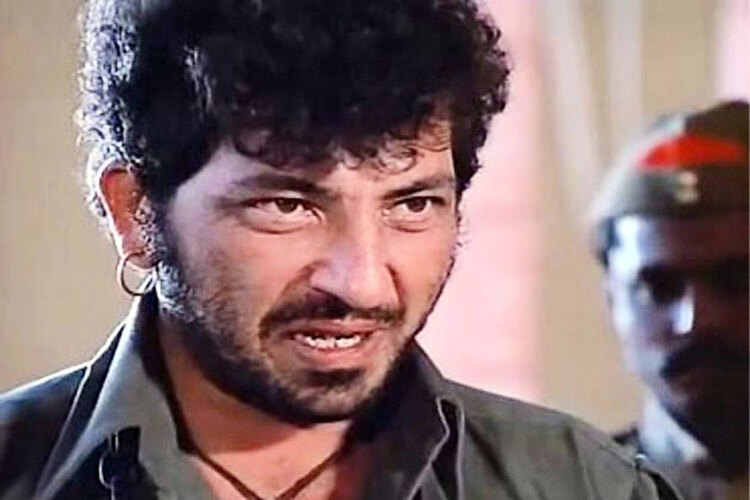
Between the 'good' and the 'bad' and the politics of 'us' and 'them' there are the common people too. These people are brainwashed to believe what their lord believes. The people who care too less about the ideologies of the dissenters and accepts them as their own. Basanti and Radha become home for Jai and Veeru. A purpose for them, and the manipulators leave no stone unturned to use them as a bait in order to magnify the barbaric acts of Gabbar, in order to confirm their loyalties to the lord (remember the scene where Basanti is abducted by Gabbar).
In similar ways, causalities occur in big wars. Jai dies in order to satisfy the ego of Thakur and no one sees anything wrong in that. It's the same way people lose their lives, thinking that they are serving a bigger purpose but in reality they are just caught in the tussle of two clashing egos.
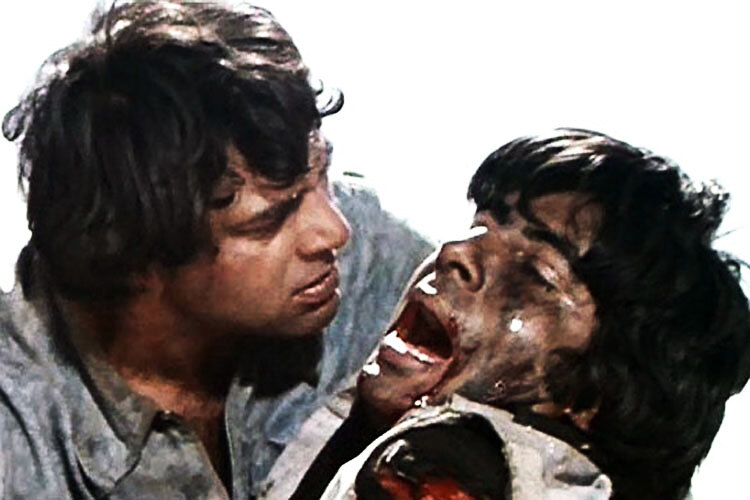
'Sholay' negotiates different temperaments and phases of Indian modernity, as well as unexplored zones of anguish; it deals with the dynamic play between traditional value systems and the promise of a new, free-thinking nation. Thakur, Ramgarh and Jai-Veeru are the modern class developed after the independence. They belong to the rosy frame of developed vision, whereas Gabbar is what is left of the pre-independent era. He's uncivilised, barbaric, illiterate and something a developing nation wants to get rid off in a way. In various ways, such edgy, attached to a source, structures become a device (like the magic cube) through which the wider narratives of post-colonial nation and infused nationalism can be seen.




















Comments
0 comment